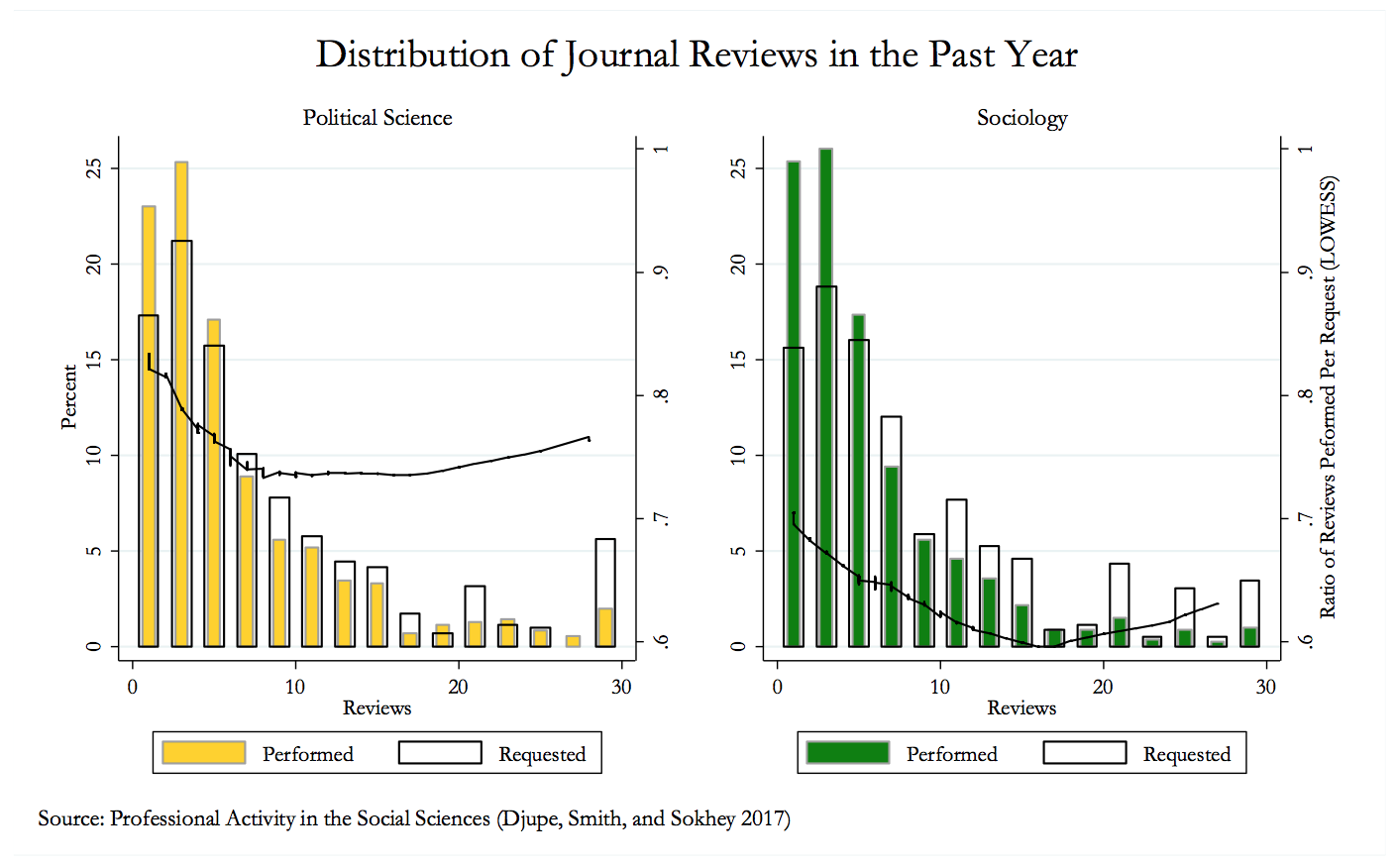The Racial Exclusions in Scholarly Citations
Inequality is reproduced (and whiteness is institutionalized) by citation patterns as earlier periods of overt exclusion are legitimated by an almost ritualistic citation of certain thinkers.
Send us a link
Inequality is reproduced (and whiteness is institutionalized) by citation patterns as earlier periods of overt exclusion are legitimated by an almost ritualistic citation of certain thinkers.
Study finds "strikingly high" rates of depression and anxiety, with many reporting little help or support from supervisors.
Chinese officials say they are seeing a payoff from their investments in higher education.
Study finds that a given discipline's perceived gender bias plays the biggest role in whether women choose to major in it.
Scholars and political leaders describe increasing concerns about Chinese government influence over teaching and research in the U.S. and Australia.
Tips for grad students: the options for communicating your research beyond the dissertation or journal article are nearly endless and range from video games to comic books, but two of the easiest to work with are podcasts and infographics.
Study finds that men speak twice as often as women do at colloquiums, a difference that can't be explained away by rank, speaker pool composition or women's interest in giving talks.
Scholars push for free access to online citation data, saying they need and deserve access to the reference data they helped create.
Using a database of 750 cases of research fraud from around the world, professors examine fraud as a phenomenon, tracing its history and trajectory and looking at what can be done about it.
New study suggests a major return on investment for institutions that help their researchers write better grants.
Scholars are planning an alternative site on which to network and share work.

Study finds male Ph.D. candidates submit and publish papers at significantly higher rates than their female peers, even within the same institution. The majors drivers of that gap remain unclear, but one factor is that women teach more during their Ph.D. programs and men serve more often as research assistants.
Rand Paul wants to add two people to every federal peer-review panel evaluating research proposals, charged with looking for value to taxpayers. Science advocates say idea would politicize federal funding of research.
Could postdoc unions be the next big thing in collective bargaining among academics? Recent filing at University of Washington could be beginning of a new round of organizing.
Study suggests women with male partners face bias in searches for junior faculty members.
Maybe there isn't a peer-review 'crisis,' at least in terms of quantity.

New simulation study says peer review is better at assuring quality research than random publication choices, but some systems of review are significantly better than others. Editors seen as more effective than peer-review panels alone.
New paper illustrates the brutal and sexist comments faced by women in economics, and likely other fields as well.
Giving researchers the data skills they need to share, review, and validate each other’s work, writes Erin Becker.
New study of harassment of graduate students by faculty members suggests that the problem is worse -- both in level of offense and prevalence of repeat offenders -- than many believe.
One of the top journals in political science makes data-sharing and replication part of the publication process.
How are scholars and researchers working to restore confidence in peer-reviewed science?